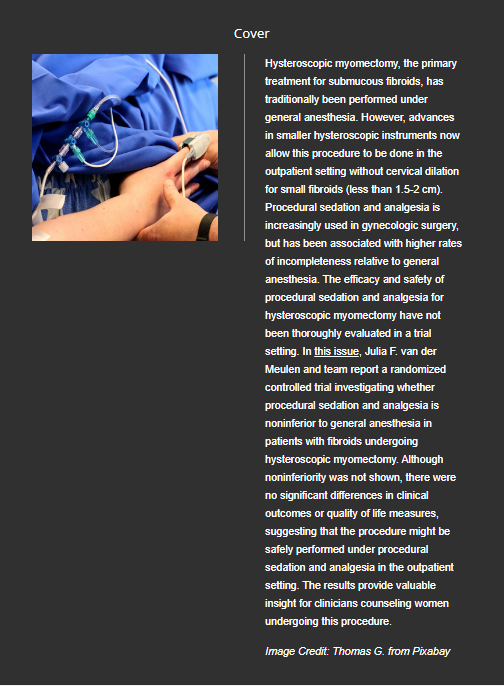人造膳食:超加工食品的挑战。
IF 15.8
1区 医学
Q1 Medicine
引用次数: 0
摘要
在这篇代表《PLOS 医学》编辑的社论中,亚历山德拉-托森(Alexandra Tosun)讨论了超加工食品如何成为越来越多批评风暴的中心、正在进行的营养辩论的复杂性以及为什么必须对利益相关者提出更高的标准。本文章由计算机程序翻译,如有差异,请以英文原文为准。
Manufactured meals: The challenges of ultraprocessed foods.
In this Editorial on behalf of the PLOS Medicine Editors, Alexandra Tosun discusses how ultra-processed food has found itself at the center of a growing storm of criticism, the complexities of the ongoing nutrition debate and why stakeholders must be held to higher standards.
求助全文
通过发布文献求助,成功后即可免费获取论文全文。
去求助
来源期刊

PLoS Medicine
MEDICINE, GENERAL & INTERNAL-
CiteScore
17.60
自引率
0.60%
发文量
227
审稿时长
4-8 weeks
期刊介绍:
PLOS Medicine is a prominent platform for discussing and researching global health challenges. The journal covers a wide range of topics, including biomedical, environmental, social, and political factors affecting health. It prioritizes articles that contribute to clinical practice, health policy, or a better understanding of pathophysiology, ultimately aiming to improve health outcomes across different settings.
The journal is unwavering in its commitment to uphold the highest ethical standards in medical publishing. This includes actively managing and disclosing any conflicts of interest related to reporting, reviewing, and publishing. PLOS Medicine promotes transparency in the entire review and publication process. The journal also encourages data sharing and encourages the reuse of published work. Additionally, authors retain copyright for their work, and the publication is made accessible through Open Access with no restrictions on availability and dissemination.
PLOS Medicine takes measures to avoid conflicts of interest associated with advertising drugs and medical devices or engaging in the exclusive sale of reprints.
 求助内容:
求助内容: 应助结果提醒方式:
应助结果提醒方式:


